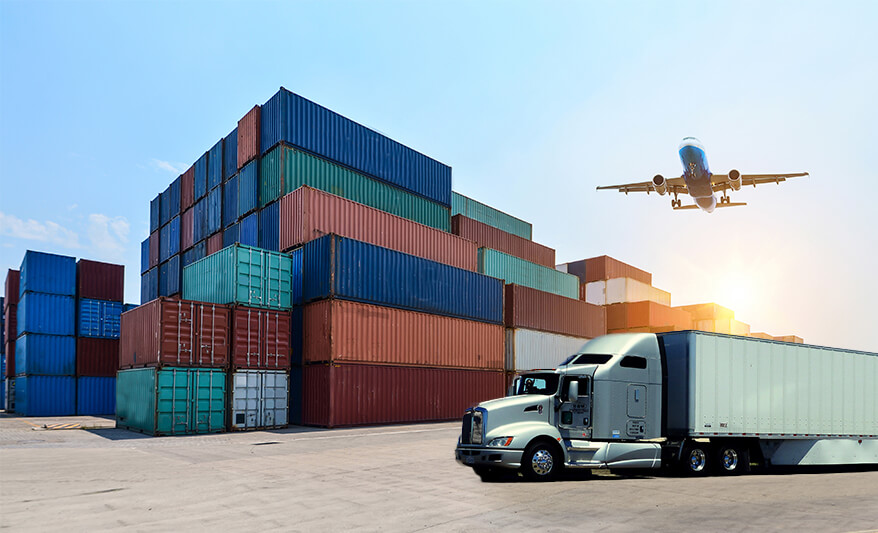Transport services play a crucial role in connecting people, goods, and communities across the globe. As urbanization and globalization continue to shape our world, efficient transport systems are essential for economic growth and social cohesion. This article delves into the various modes of transport, including road, rail, air, and maritime, highlighting their significance, challenges, and the innovations that are transforming the industry. Understanding how these services operate can provide valuable insights into their impact on daily life and the economy.
In addition to the basic functions of moving passengers and freight, transport services are increasingly focused on sustainability and efficiency. With the growing concern over climate change and environmental degradation, both public and private sectors are investing in greener technologies and smarter infrastructure. This shift not only aims to reduce carbon footprints but also to enhance the overall quality of transport services. Join us as we explore the current trends, advancements, and future outlook of transport services in a rapidly evolving world.
Contents
Modes of Transport: Significance and Challenges
Transport services encompass a diverse array of modes, each playing a vital role in facilitating movement. Road transport is often the backbone of logistics, offering flexibility and accessibility for short-distance travel, while rail transport provides an efficient solution for moving large volumes over longer distances. Air transport is indispensable for international travel and expedited delivery of high-value goods, though it is often the most resource-intensive. Maritime transport, on the other hand, remains essential for global trade, handling the vast majority of the world’s cargo. Each mode faces unique challenges, including congestion, infrastructure maintenance, and regulatory compliance, necessitating continuous advancements in technology and operational strategies.
Sustainability and Innovation in Transport Services
The increasing focus on sustainability is reshaping the landscape of transport services, leading to innovations that prioritize environmental stewardship. Electric and hybrid vehicles are becoming more prevalent, while investments in public transit systems aim to lower urban congestion and emissions. Additionally, smart infrastructure, such as integrated transportation management systems, is enhancing the efficiency of logistics and passenger flows. In Sydney, companies like Leading Transport Solutions in Sydney are pioneering the adoption of greener practices, ensuring that as urban demands grow, the transport sector adapts responsibly and effectively. These efforts not only contribute to a healthier planet but also improve the quality of life for citizens through better service and reduced travel times.

In summary, transport services are at the forefront of addressing contemporary challenges while embracing innovative solutions to create a more sustainable future. As the world continues to evolve, the integration of advanced technologies, from electric vehicles to smart infrastructure, is critical for enhancing the efficiency and environmental impact of transport systems. Stakeholders across the industry must collaborate to overcome obstacles such as congestion and regulatory hurdles, all while ensuring that services remain accessible and reliable for everyone. The ongoing commitment to sustainability not only reflects a responsible approach to development but also paves the way for a transport network that supports economic growth, improves social equity, and fosters stronger connections within and between communities. As we navigate the complexities of modern transportation, the importance of adaptive and forward-thinking strategies will only grow, securing a better and more connected future for all.




